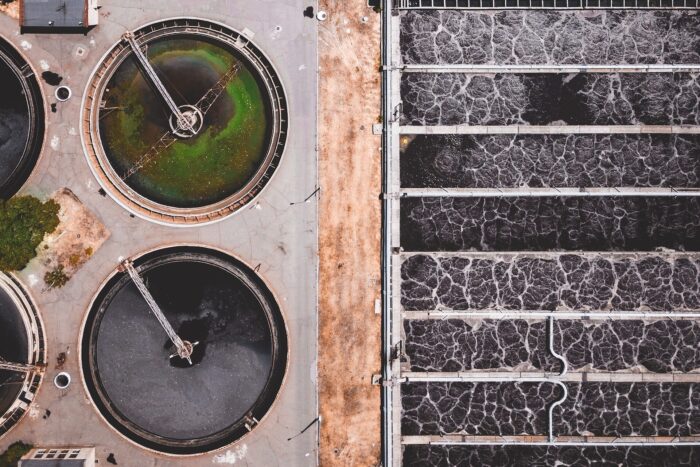What are the current barriers for circular and sustainable use of micro- and macronutrients in biobased value chains?

The increasing demand for sustainably produced biomass for various products places high demands on the circular use of both micro- and macronutrients. When biomass grows in forests, on fields, or in water, these elements are bound in products, residual streams or side streams in a value chain.
There are various barriers for circularity of these elements. Nitrogen can be captured from waste water, but capture from gas is unusual today. Other elements, such as phosphorus and many micronutrients, are often present in solid materials. Different strategies are therefore required to simplify their circular use in the right chemical form.
In this project, we identify various barriers to circular use with a focus on material properties such as leachability, process-dependent properties such as fractionation of elements, but also goal conflicts in current or upcoming legislation that affect how micro- and macronutrients can be returned within sustainable, bio-based value chains.

Nils Skoglund
Umeå University

nils.skoglund@umu.se
Project information
Participants
Umeå University
Time schedule
October 2023 - September 2025
Total cost of project
1 493 758 SEK
Swedish Energy Agency project number
P2023-00845
More projects

CelluXtreme – Feasibility study for scaleup
CelluXtreme has a unique technology for spinning strong fibers from 100% nanocellulose with green chemistry and with low emissions to air and…
Manager: Anna Wiberg
Ongoing

ECO-FORCE FUELS: ECO-eFficient biORefinery for Competitive production of grEen renewable shipping FUELS
ECO-FORCE FUELS aims to produce low-emission marine biofuels via complete conversion of forest residues. A continuous organosolv process will be used to…
Manager: Pavlos Christakopoulos
Ongoing

Catalyst and process development for energy efficient production of bio-based vinyl acetate
Biobased ethanol as feedstock for the chemical industry is a promising alternative to fossil oil products, but the transition requires development of…
Manager: Mathilda Johansson
Ongoing


